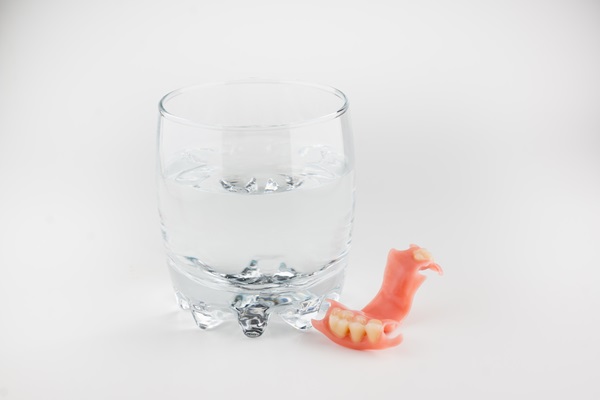Common Treatment Options for TMJ Disorder

The TMJ joints allow people to open, close and move their jaws. Your temporomandibular joint (TMJ) connects your jawbone to your skull. This joint is found on each side of the jaw. TMJ disorders usually cause a lot of problems. These can include pain in the jaw joint and in the muscles that control the movement of the jaw.
Treatment of TMJ disorders
It is not uncommon for the symptoms of TMJ disorders to go away on their own. But if the symptoms persist, seeking medical care is always a good idea. A dentist can recommend different treatment options depending on a patient’s condition. Here are some common treatment options for TMJ disorders.
Medications
Along with other nonsurgical treatment options, there is a variety of medication options that can ease the pain associated with the disorders. Over-the-counter medications often help people. Sometimes, though, the medications may not be able to ease the pain on their own. If this is the case, the dentist may prescribe stronger pain relievers for a short duration. The dentist may also suggest tricyclic antidepressants, in low doses, for pain relief. For TMJ disorders that are caused by muscle spasms, patients can use muscle relaxants for a couple of days or a few weeks to find pain relief.
Stabilization splints
Many people have been able to benefit from using oral appliances. A stabilization splint is a plastic guard that is designed to fit over either the lower or upper teeth. Over the years, stabilization splints have been used to treat TMJ disorders. The splints are ideal for short-term use and are not supposed to cause permanent changes in the bite. If a stabilization splint affects the bite or increases or causes pain, the patient must stop using it and see a dentist.
Surgery and other procedures
A dentist may recommend surgery when other treatment options have not been effective. Some common procedures include arthrocentesis and open-joint surgery. Arthrocentesis is a procedure that involves inserting tiny needles into the joint. This allows fluid to be irrigated through the joint to help remove debris and inflammatory products.
Open-joint surgery is often suggested when more conservative treatments do not help. The surgery can replace or repair the joint. But patients should know that it involves more risks compared to other procedures. Patients should only consider surgery after learning about the pros and cons.
Schedule an appointment with your dentist today
If you think you have a TMJ disorder, seek medical attention as soon as possible. Your dentist can talk to you about the possible causes and treatment options for your problem. These may include medications, stabilization splints and surgery. Your health care provider will suggest a suitable treatment depending on your condition and needs. You should always find out the benefits and risks and ask about all your treatment options. That way, you can make an informed decision before starting treatment.
Request an appointment here: https://sexton-dental.com or call Sexton Dental at (740) 363-2080 for an appointment in our Delaware office.
Check out what others are saying about our services on Yelp: Read our Yelp reviews.
Recent Posts
Partial dentures are a great tooth replacement option for missing teeth. They are easier on the mouth than full dentures but not as costly as dental implants. Those that wear partial dentures can expect an easier eating experience, better speaking and an aesthetically pleasing smile. However, with partial dentures comes discipline, meaning the wearer must…
Many patients are nervous before a dental bonding procedure, although the procedure itself is non-invasive, only takes one dental visit and does not require any anesthesia. You can prepare yourself mentally and physically for the procedure, however, by knowing what to expect, how to prepare and what to plan for after the procedure. The following details…
In general dentistry, dental fillings are one of the most common restorative procedures performed. They are used to address the damage done to teeth, most often as a result of cavities. Continue reading to find out more!Below is a quick overview of dental fillings in general dentistry, including how they are placed and when they…
Thinking about getting dental sealant treatment? Dental sealants are a vital tool for preventing cavities or tooth decay. Tooth decay is a prevalent condition among children and teenagers, and when unchecked, it can lead to other serious oral issues such as premature tooth loss and gum disease. In combination with other preventive care measures such…


